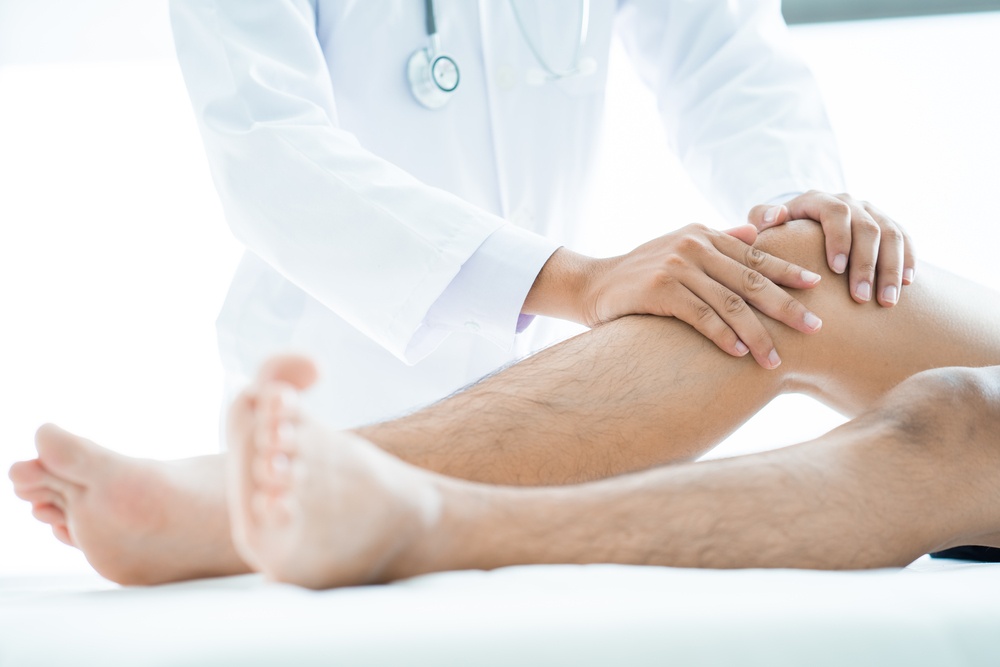Anterior Cruciate Ligaments, or ACLs, are very common areas of injury for athletes. Patients often come to NY Bone and Joint convinced that they’ve torn their ACL. ACL tears can cause serious pain and need to be treated by an orthopedic specialist like Dr. Leon E. Popovitz, MD, properly, or it will become a reoccurring problem. So how can you know if you need to see an orthopedist for an ACL tear? Here are some tell-tale signs:
If you’ve torn your ACL your knee will definitely pop when you bend your knee.
Your knee may be swollen. Fluid will usually fill the area after a tear, causing inflammation and sometimes even bruising.
Compare your injured knee with your healthy knee. In addition to being more swollen, the knee cap may look out of place.
Typically, an ACL tear is very painful. However, there may be factors that cause your pain to be more subtle. Don’t ignore an ACL tear just because it is not extremely painful.
You’ll notice that your knee will give out rather easily while walking. Your muscles will also become weak, so walking may be very difficult.
An ACL tear will definitely affect your range of motion. If it causes pain to bend your knee at a 90 degree angle or completely straighten it out, you’ve probably suffered an ACL tear.
Visit Dr. Leon E. Popovitz, MD immediately if you’re experiencing any symptoms of an ACL tear. Often, conservative methods and regular sports medicine rehabilitation will be enough to rehabilitate your ACL. It will become a weak area for you, so it’s important to receive guidance from a specialist like Dr. Leon E. Popovitz, MD, about how to heal properly, strengthen your knee and prevent injury in the future.
In some cases, an ACL tear may require surgery. Getting to NY Bone and Joint Specialists as soon as you realize there’s a problem is the best way to avoid surgery. Fortunately, Dr. Leon E. Popovitz, MD is a top rated arthroscopic knee surgeon. For most ACL tears, arthroscopic surgery will be possible. This minimally invasive operation will reduce risks and recovery time. With proper physical therapy, you will regain range of motion in your knee and resume your normal activities.



